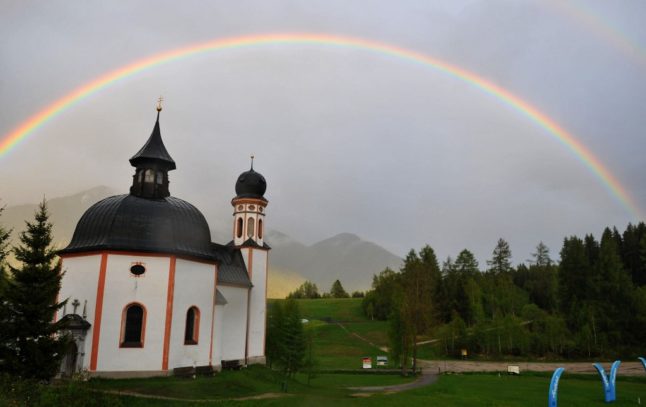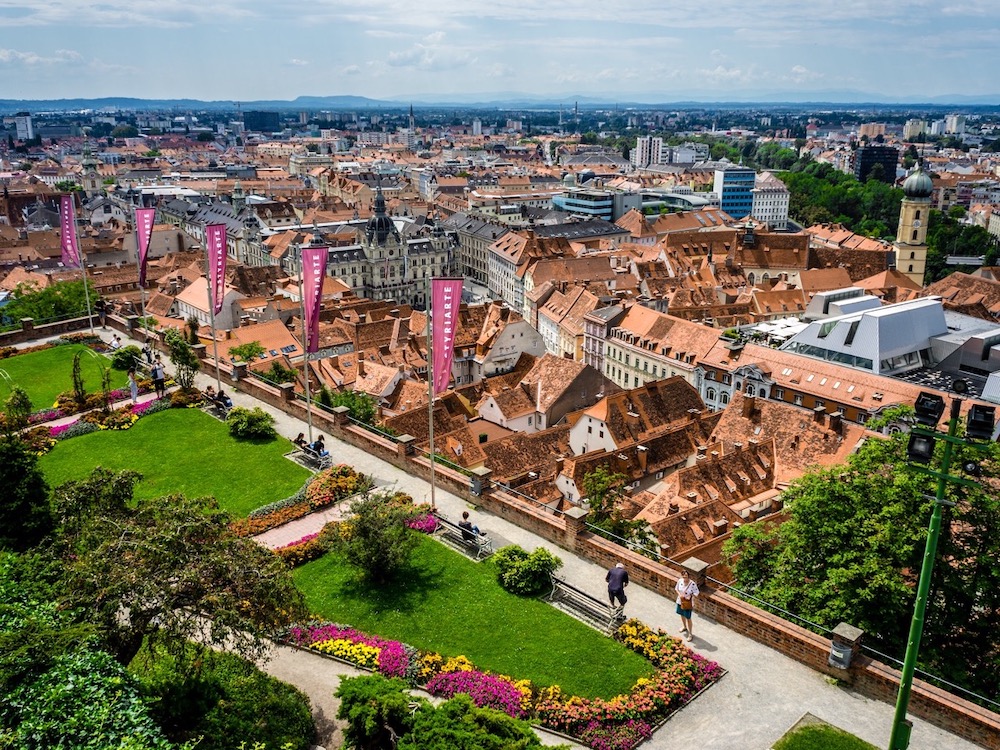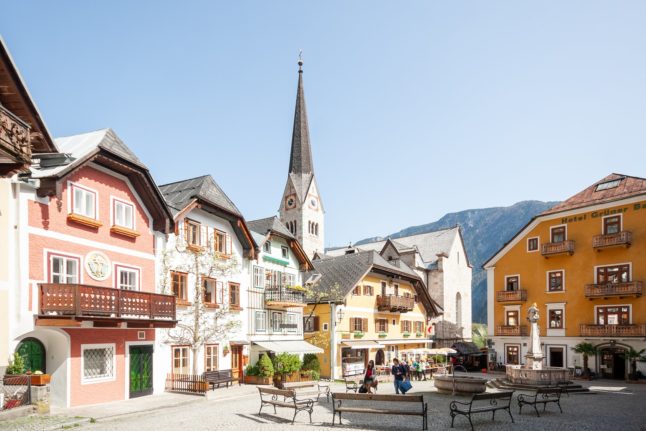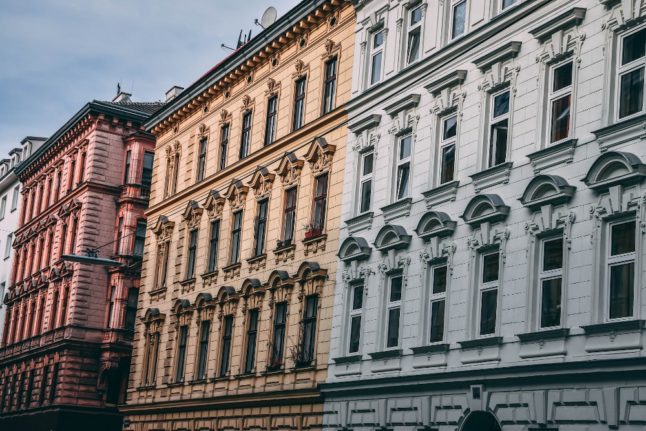Getting a mortgage as a non-EU foreigner in Austria is generally possible. But be prepared to jump through a few more hoops.
While Austrian and other EU citizens tend to enjoy a relatively straightforward process, non-EU nationals without permanent residency are considered a greater risk. This is because they may end up having their request to renew their residency permit denied and have to leave Austria, leaving their loan default risk higher.
If you’re a non-EU national applying for a mortgage in Austria, you can still go for it – but expect to be asked for more paperwork than an Austrian or EU citizen might be.
READ ALSO: EXPLAINED: Property buying rules for international residents in Austria
Have your residency permit ready
For starters, you need to be resident in Austria to buy property in Austria. That means you live – or intend to live – in Austria at least 183 days a year, or six months. So be prepared to produce your residency permit as proof if you’re a non-EU citizen. EU citizens, including Austrians, may be able to just use their registration certificate or Anmeldung proving their resident address in Austria.
The residency requirement is in place nationwide.
Some lenders may end up requiring applicants to have permanent residency, as permanent residents don’t face the danger of a request to stay in Austria being denied. However, this is up to the individual lender rather than being required by law. You may have to shop around a bit – but lenders are allowed to give you a mortgage so long as you have Austrian residency.
The big exceptions to this are Tyrol, Salzburg, and Vorarlberg. These three Alpine federal states are very popular with homebuyers, especially given the ski resorts in the area. To preserve housing stock, the two state governments currently only allow Austrian and other EU nationals to buy property there.
So expect a mortgage lender in those states to deny you if you’re not an EU citizen.
READ ALSO: Property buying rules for foreigners in Tyrol and Vorarlberg

Have your (euro) bank statements ready
Many banks in Austria will have a strong preference for people who earn their income in euros – whatever your immigration status.
That’s because income earned in another currency brings the risk of currency fluctuations into repayments.
So if your salary is paid or you bill your clients in a currency other than euros, you may experience some issues with lenders.
If you’re interested in buying property in Austria, one of the first things you’re advised to do is to open an Austrian bank account if you haven’t already done so. Many banks may accept accounts in other EU countries denominated in euro, but not all will accept accounts and incomes in other currencies.
READ ALSO: Can owners of second homes in Austria get residence permits?
Check to make sure you think you can get authorisation
Most non-EU nationals buying property in Austria will have to get authorisation from their local authorities to buy. Agents say denials are rare, but the process can take several months.
Although you normally go through this process after getting your mortgage and making your offer, expect to get a few questions from your bank about your situation. They ask these questions to ensure that you’re likely to be approved.

Property authorisation rules cover whether the purchase is likely to have a positive cultural, social, or economic benefit to Austria and no negative effects to the country’s political interests. Providing housing to the applicant is often enough to satisfy the social benefit criteria.
There are exceptions to this though. In Vienna, a married couple where one partner is an EU national doesn’t have to apply for authorisation – even if the other partner is a non-EU national.
In Graz, non-EU citizens don’t have to apply for authorisation at all.
READ ALSO:



 Please whitelist us to continue reading.
Please whitelist us to continue reading.
Member comments